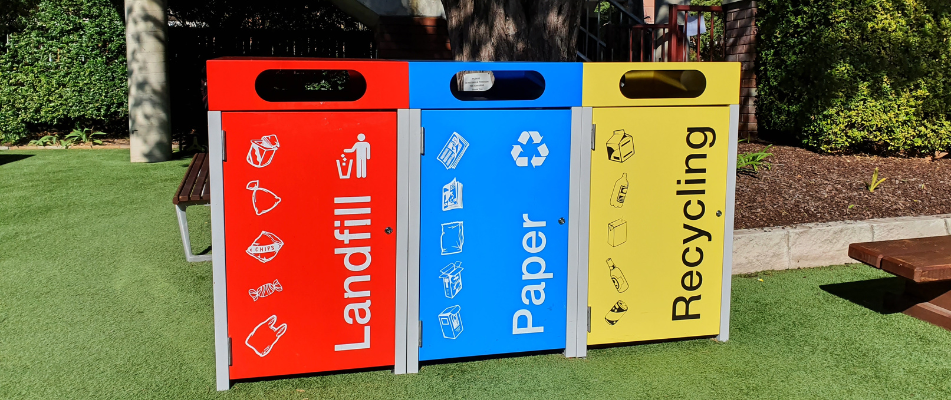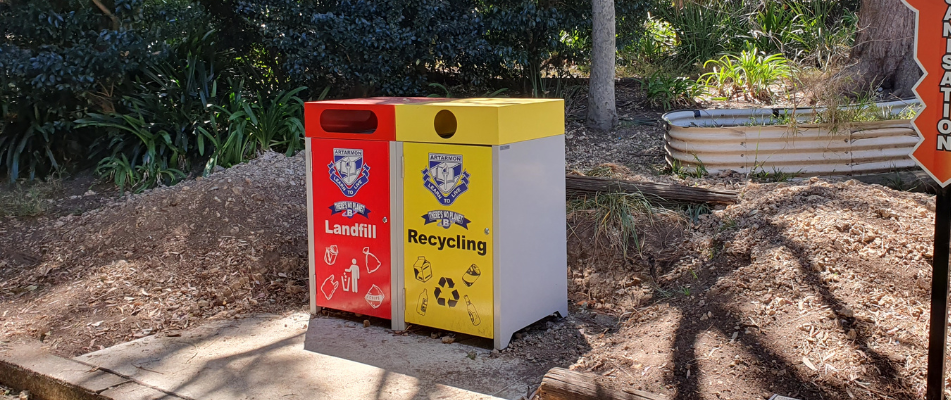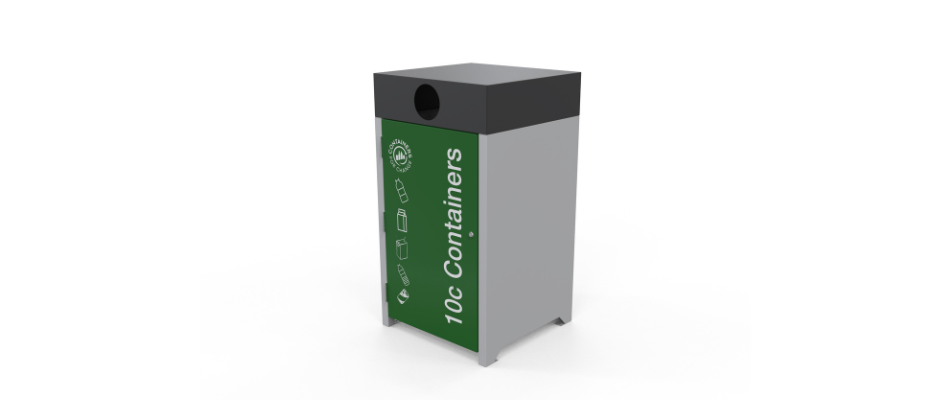Transforming School Recycling: Simple Ideas, Big Impact






Sustainability is an increasingly vital focus in schools across Australia, as educators and students alike seek ways to protect our planet for future generations. In the realm of recycling, schools are discovering innovative methods to make a significant environmental impact. These ideas, originating from various educational institutions, show how simple initiatives can lead to substantial change in cultivating a sustainable mindset.
The Classroom Revolution: A Box for Change
One impactful approach involves placing a recycling box in every classroom. This straightforward strategy has not only significantly increased bottle and can recycling rates but also fostered a culture of environmental responsibility among students and teachers. The key to success? Regular emptying of the boxes, integrating recycling into the daily school routine. Tackling the issue of contamination, some schools have found that placing a metal mesh basket next to trash bins effectively reduces improper disposal, proving that simple solutions can be highly effective.
Playground Innovation: The Basket Method
Another successful initiative began with just placing a simple basket in school playgrounds for bottle collection. This approach quickly evolved into a well-organised recycling system, enhanced by motivating students through rewards like house points and environmental awards. Involving students in the sorting process and ensuring regular maintenance of the collection points are crucial steps in this method. The lesson learned is clear: even modest beginnings can lead to great achievements in environmental conservation.
Embracing the Three Rs: Reduce, Reuse, Recycle
Emphasising the importance of the three Rs – Reduce, Reuse, Recycle – is another critical approach. Schools advocating for waste-free lunches, encouraging the use of reusable containers, and focusing on the lifecycle of products help embed these principles in students' daily lives. Recognising and rewarding leadership in sustainability among students further reinforces these values, turning every day into an opportunity for environmental action.
Policy and Practice: The Role of Government Initiatives
On a broader scale, government initiatives like the introduction of new bins to tackle soft plastic waste demonstrate how policy changes can offer practical tools for schools to enhance their recycling efforts. This collaboration between educational institutions and government bodies showcases the potential for policy to directly impact and improve sustainability practices in schools.
Government initiatives like the ‘Return and Earn’ 10-cent bottle return programs have also been effectively integrated into school systems, offering both educational and practical benefits. Schools are introducing specially branded bins for collecting eligible bottles and cans, which not only facilitates recycling but also serves as an effective educational tool, teaching students about environmental responsibility. These programs also provide fundraising opportunities, with the collected funds often used for school projects or sustainability initiatives.
Bringing It All Together
These examples from various schools serve as more than just success stories; they are a blueprint for what can be achieved with dedication, creativity, and community involvement in the realm of recycling. From a simple box in a classroom to strategic placement of baskets, or aligning with government initiatives, every effort contributes to a larger goal.
As we forge ahead, let these ideas inspire us to think outside the (recycling) box. By adopting these practices, schools not only teach the importance of environmental stewardship but also demonstrate it in tangible ways. So, let's roll up our sleeves, get involved, and remember that our efforts today will help shape a greener, more sustainable tomorrow.

 Aluminium Plank Furniture
Aluminium Plank Furniture Architectural Bollards
Architectural Bollards Benches
Benches  Bike Parking
Bike Parking Bin Enclosures
Bin Enclosures  Commercial Picnic Tables
Commercial Picnic Tables Concrete Plinth Mount Seating
Concrete Plinth Mount Seating Curved Benches
Curved Benches Drinking Fountains
Drinking Fountains Litter Bins
Litter Bins Outdoor Classrooms
Outdoor Classrooms Planter Boxes
Planter Boxes Seating
Seating Shelters
Shelters Skate Deterrents
Skate Deterrents  Tree Protection
Tree Protection AS Urban Suite
AS Urban Suite Athens Suite
Athens Suite Barcelona Suite
Barcelona Suite Berlin Suite
Berlin Suite Copenhagen Suite
Copenhagen Suite Dublin Suite
Dublin Suite Florence Suite
Florence Suite Glasgow Suite
Glasgow Suite Liverpool Suite
Liverpool Suite London Suite
London Suite Madrid Suite
Madrid Suite Manchester Suite
Manchester Suite  Milan Suite
Milan Suite Orbit Suite
Orbit Suite Outwood Suite
Outwood Suite Paris Suite
Paris Suite Prague Suite
Prague Suite  Portsmouth Suite
Portsmouth Suite Rome Suite
Rome Suite Spencer Suite
Spencer Suite Venice Suite
Venice Suite  Vienna Suite
Vienna Suite Woodville Suite
Woodville Suite School Furniture
School Furniture Healthcare Furniture
Healthcare Furniture Local Government Furniture
Local Government Furniture Park & Street Furniture
Park & Street Furniture Shopping Centre Furniture
Shopping Centre Furniture Aged Care Furniture
Aged Care Furniture